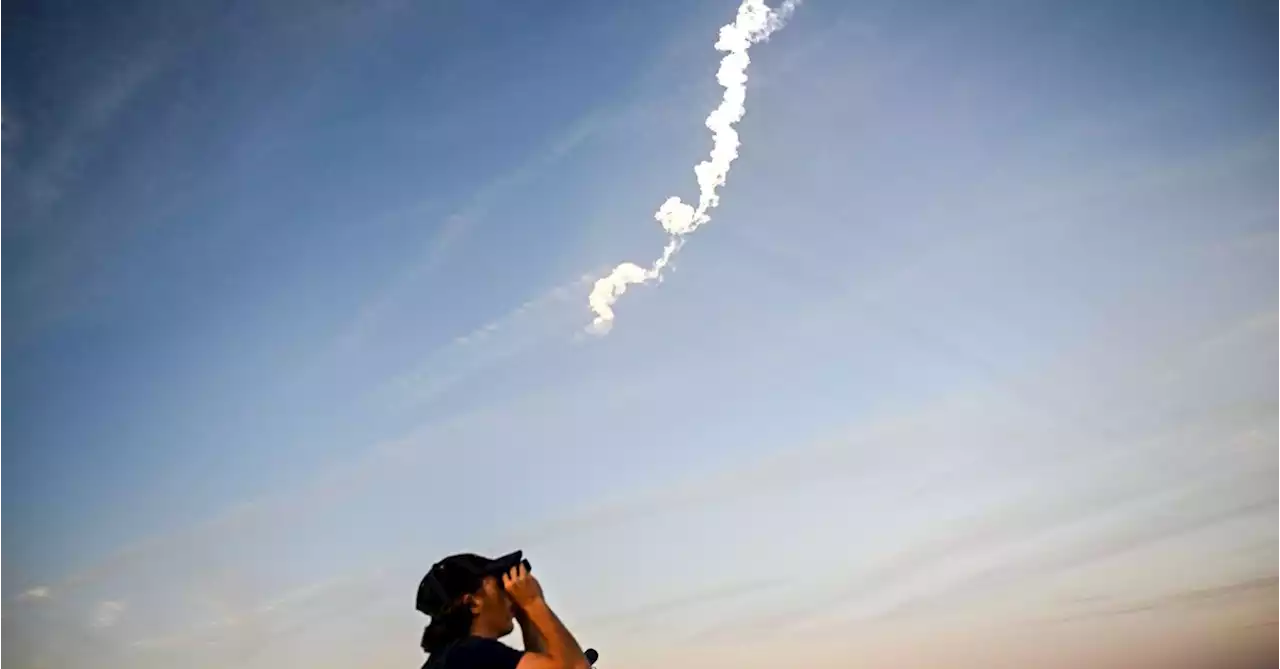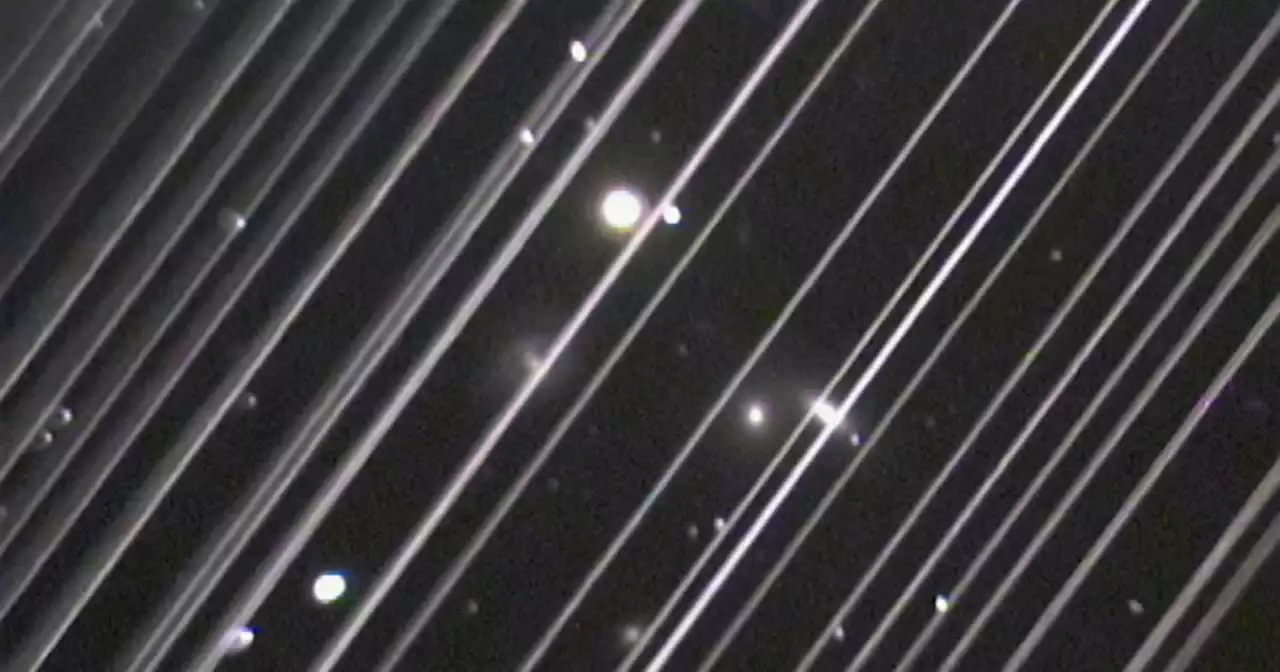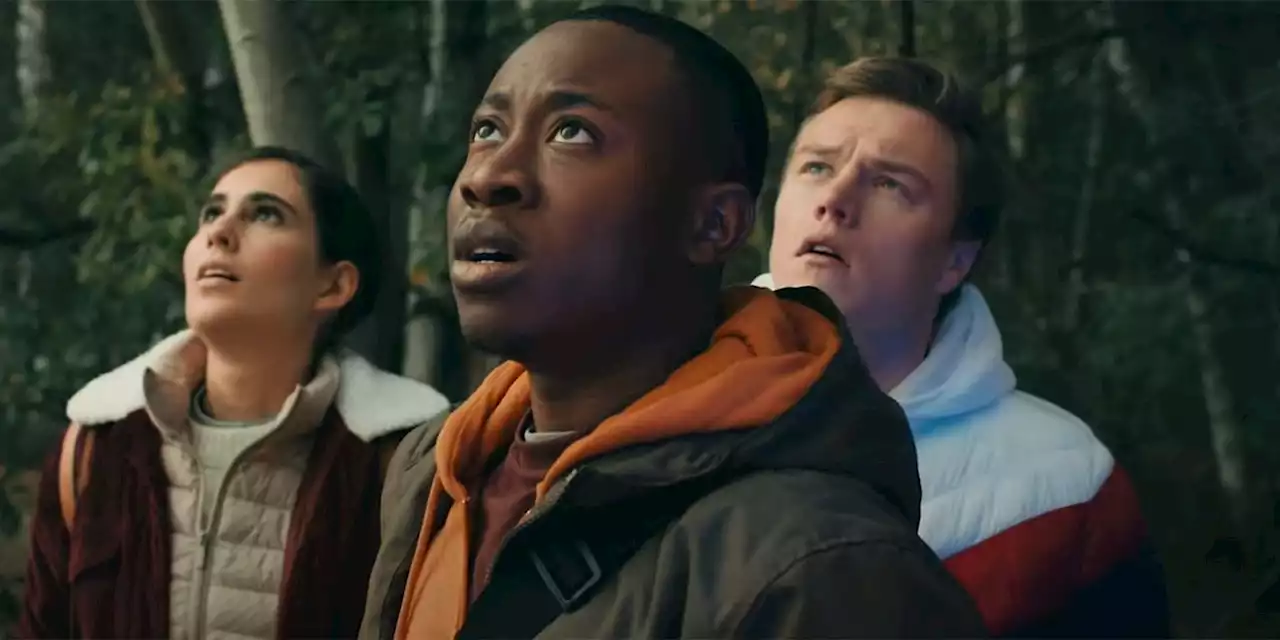'If not stopped, this craziness will become worse and worse.'
to be seen even by the unaided eye. Over the years, astronomers have closed the shutters of telescopes when satellites drift into view and sometimes pointed them toward rare pockets of the sky lacking satellites. to reduce satellite interference on radio astronomy. Such agreements, however, are merely mitigation strategies that would ultimately not solve the problem, according to the comment article.
Instead, the authors propose tightening the criteria to authorize massive satellite constellations and enforcing an upper limit for the number of orbiting satellites and the amount of artificial light produced. When the limit is reached, regulatory standards such as deorbiting old satellites before allowing new ones into orbit must be enacted, the authors say.
The authors place the responsibility of advocating for such regulations on the shoulders of scientists, who are in"an optimum position," thanks to active personal and professional collaborations across the world. "Now is the time to consider the prohibition of megaconstellations and to promote a significant reduction in [artificial light at night]," the authors say."Our world definitely needs a 'new deal' for the night."
Argentina Últimas Noticias, Argentina Titulares
Similar News:También puedes leer noticias similares a ésta que hemos recopilado de otras fuentes de noticias.
 SpaceX’s Starlink and other satellite internet providers are making light pollution worse for astronomersRegulators need to crack down, astronomers say in a series of new papers.
SpaceX’s Starlink and other satellite internet providers are making light pollution worse for astronomersRegulators need to crack down, astronomers say in a series of new papers.
Leer más »
 Astronomers still troubled by satellite constellations | Digital TrendsAstronomers are becoming increasingly concerned about light pollution in the night sky caused by the growing number of satellites in low-Earth orbit.
Astronomers still troubled by satellite constellations | Digital TrendsAstronomers are becoming increasingly concerned about light pollution in the night sky caused by the growing number of satellites in low-Earth orbit.
Leer más »
 'War of the Worlds: The Attack' Trailer Shows Young Astronomers Facing a Martian InvasionThe new trailer for WaroftheWorlds: TheAttack shows young astronomers facing a martian invasion in Junaid Syed’s update on the H.G. Wells tale.
'War of the Worlds: The Attack' Trailer Shows Young Astronomers Facing a Martian InvasionThe new trailer for WaroftheWorlds: TheAttack shows young astronomers facing a martian invasion in Junaid Syed’s update on the H.G. Wells tale.
Leer más »
 Astronomers Identify Unknown Class of Water-Rich AsteroidsSmall planets are believed to have originated from the edges of our Solar System. Astronomers have made a groundbreaking discovery with the help of new infrared measurements. A team of international researchers, including geoscientists from Heidelberg University, has identified a previously unknown
Astronomers Identify Unknown Class of Water-Rich AsteroidsSmall planets are believed to have originated from the edges of our Solar System. Astronomers have made a groundbreaking discovery with the help of new infrared measurements. A team of international researchers, including geoscientists from Heidelberg University, has identified a previously unknown
Leer más »
 Venus could still be spewing lava, and scientists are hellbent on proving itDoes Venus still have volcanoes? Astronomers are hunting for evidence in old Magellan radar images and with future missions.
Venus could still be spewing lava, and scientists are hellbent on proving itDoes Venus still have volcanoes? Astronomers are hunting for evidence in old Magellan radar images and with future missions.
Leer más »
 Puzzling radio signal unveils a galaxy cluster's coreAstronomers have observed a puzzling radio halo that has helped unveil the intricate core of a galaxy cluster.
Puzzling radio signal unveils a galaxy cluster's coreAstronomers have observed a puzzling radio halo that has helped unveil the intricate core of a galaxy cluster.
Leer más »
